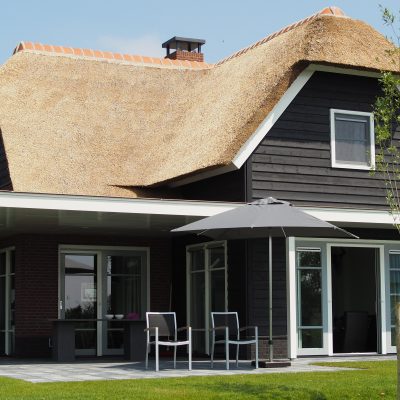When the mercury rises, the value of a reliable air conditioning unit skyrockets. Renting an AC unit can be a practical way to beat the heat, especially for temporary needs or budget constraints. Here’s a guide to help you sift through the options and find the right rental for your cooling needs.
Your Space
Before you sign a rental agreement for an air conditioner, it’s crucial to understand the size and type of space you need to cool. An undersized AC won’t cut through the heat, while an oversized unit can waste energy and increase costs. Look for a unit that matches the square footage of your room or property.
Energy Efficiency and Cost
Energy efficiency isn’t just good for the planet—it’s good for your wallet, too. Renting an energy-efficient AC unit can lead to lower electricity bills even in the peak of summer. Check the Energy Star ratings and compare the expected energy consumption to keep costs in control.
Installation Requirements
The type of air conditioning unit you choose will come with specific installation needs. Portable units might only require a nearby outlet and a window for the exhaust hose. However, larger units might need more complex installation. Be sure to understand what’s involved and who will be responsible for installing the unit.
Maintenance and Upkeep
Maintenance should not be overlooked when renting an AC unit. Some rental agreements include maintenance services which can be a significant relief. If you’re responsible for maintenance, schedule regular check-ups to ensure the unit functions efficiently throughout its rental period.
Rental Period and Flexibility
How long you need the AC unit will impact your rental choice. If you need cooling for a single event, a short-term rental is suitable. However, for extended periods, look for contracts that offer flexibility, such as monthly renewals or seasonal packages.
Features and Extra Functions
-
Digital thermostats for precise temperature control
-
Programmable timers to reduce running costs
-
Remote controls for convenience
Consider AC units with features that cater to your specific needs. It could make a vast difference in your experience and overall satisfaction.
Noise Level
The noise level of an air conditioning unit can significantly impact the comfort of your living or working environment. When selecting an AC unit, it’s important to consider how much noise you find acceptable. AC units vary in sound output, with some operating at nearly silent levels, while others might emit sounds that are quite noticeable.
For areas where quiet is essential, such as bedrooms, offices, or study areas, opting for an AC that operates at low decibel (dB) levels is crucial for maintaining a tranquil ambiance.
-
Decibel Ratings – Check the decibel ratings when comparing AC units, as this measurement indicates how loud the unit will sound when operating.
-
Environment Suitability – Consider the typical use of the space where the AC will be installed to ensure the noise level won’t be disruptive.
Factors Affecting the Noise Output of AC Units
Several factors can influence how loud an AC unit will be, including the model’s design, where it’s installed, and its overall size in relation to the room. Newer, more advanced models often feature noise-reduction technologies that enable them to operate quieter than older units. Furthermore, proper installation and regular maintenance can prevent unnecessary noise caused by issues such as vibrations or loose parts.
-
Technological Advancements – Search for models that utilize the latest technologies to minimize sound output while delivering efficient performance.
-
Maintenance for Optimal Noise Levels – Regularly servicing your AC unit can help maintain its quiet operation, as a well-maintained unit is less likely to produce unexpected noise.
Considering how much noise you are willing to tolerate is a critical step in choosing the right AC unit. Whether for commercial or residential settings, prioritizing low noise levels in your selection process will contribute to creating a comfortable and peaceful environment.
Always reference the decibel ratings and consult with professionals if you require an AC unit that promises quiet operation without compromising on cooling efficiency.
Local Climate and Humidity Control
In areas with high humidity, your AC unit needs not just cool but also dehumidify. Look for a unit that has a dehumidifier feature to keep your space comfortable and protect against mold and mildew.
Service and Support
Renting from a provider that offers excellent customer service can save a lot of headaches. air conditioning service Cambridge is an example of a prompt and reliable service that can make a difference, especially if you encounter issues with the unit or need guidance on optimal usage. Make sure you choose a rental company that’s there for you when you need them.
Comparing Rental Companies
Not all rental companies are created equal. Researching customer reviews and comparing costs between providers can help ensure you get the best deal. Companies like Enersure air conditioning rental can serve as a reference point for what you might expect regarding service offerings and rental terms.
Final Thoughts
Renting an AC unit doesn’t have to be a daunting task. By considering the size of your space, the energy efficiency of the unit, installation requirements, maintenance, rental period flexibility, features, noise levels, local climate, and customer service, you can find a rental that fits your needs perfectly.
Remember, a little research goes a long way toward finding the right balance between cost, comfort, and convenience. Stay cool and make an informed decision that will ensure your summer is as breezy as the AC unit you choose!




